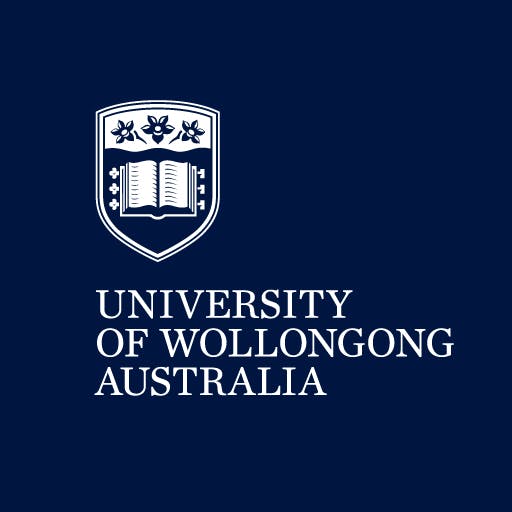Master of Information Technology (Enterprise Systems)
- Posted by University of Wollongong
- Home
- Courses
- University of Wollongong
- Master of Information Technology (Enterprise Systems)
Master of Information Technology (Enterprise Systems)
Course summary The Master of Information Technology (Enterprise Systems) involves an in-depth study of the organisational, economic, regulatory and socio-technical issues that arise in the implementation of IT in business and government, and how to effectively manage those issues. This degree is suitable for those without an IT background seeking…
Categories
COURSE DESCRIPTION
Course summary
The Master of Information Technology (Enterprise Systems) involves an in-depth study of the organisational, economic, regulatory and socio-technical issues that arise in the implementation of IT in business and government, and how to effectively manage those issues.
This degree is suitable for those without an IT background seeking to develop the fundamental skills required to work in the sector, or to undertake a management role in which an understanding of IT implementation is essential.
This degree
With the proliferation of mobile and other devices with network capability, along with the rising popularity of the Internet, users and application providers expect services to be available anytime and anywhere.
Enterprise systems integrate a number of software applications that support complex business operations and cross-organizational functionalities. The Enterprise Systems specialisation will provide students with the knowledge and skills required to translate enterprise information systems strategy into infrastructure and seamlessly integrate individual disparate information systems into an integrated solution.
On completion, graduates will be able to work in various roles including system administrator, systems analysts, or ICT project manager.
What you will study
The subjects offered in Enterprise Systems specialisation will introduce students to business process management and how to use IT to model, analyse, redesign, automate, manage and optimise business processes and supply chain operations. You will complete a capstone subject comprising either a research project or an individual professional project where you will apply theoretical knowledge in practical situations and tackle real-world problems often provided by our industry partners.
Fee subsidised places available
UOW is offering Commonwealth Supported Places for all of our postgraduate coursework degrees* in 2024. This means the Australian government will subsidise your tuition fees by up to 75%. To be eligible for this fee subsidy, you must meet the following criteria: Be a domestic student, i.e. an Australian or New Zealand citizen, a permanent resident of Australia or a permanent Australian Humanitarian visa holder. LEARN MORE
*Excluding Graduate Certificate in Business Administration (Executive), Graduate Diploma in Business Administration (Executive), and Masters of Business Administration (Executive)
EDUCATIONAL INSTITUTION
The University of Wollongong (UOW) is a leading Australian university with an international reputation for academic excellence. It is consistently ranked among the top Australian universities for the quality of its teaching and research. The University offers a wide range of degree programs across all levels of study – undergraduate and postgraduate coursework and research: Engineering and IT, Health Sciences and Medicine; Business and Commerce Applied and Natural Sciences; Arts, Communications and Creative Arts; Law and Education.
The University of Wollongong (UOW) is a leading Australian university with an international reputation for academic excellence. It is consistently ranked among the top Australian universities for the quality of its teaching and research. The University offers a wide range of degree programs across all levels of study - undergraduate and postgraduate coursework and research: Engineering and IT, Health Sciences and Medicine; Business and Commerce Applied and Natural Sciences; Arts, Communications and Creative Arts; Law and Education.




